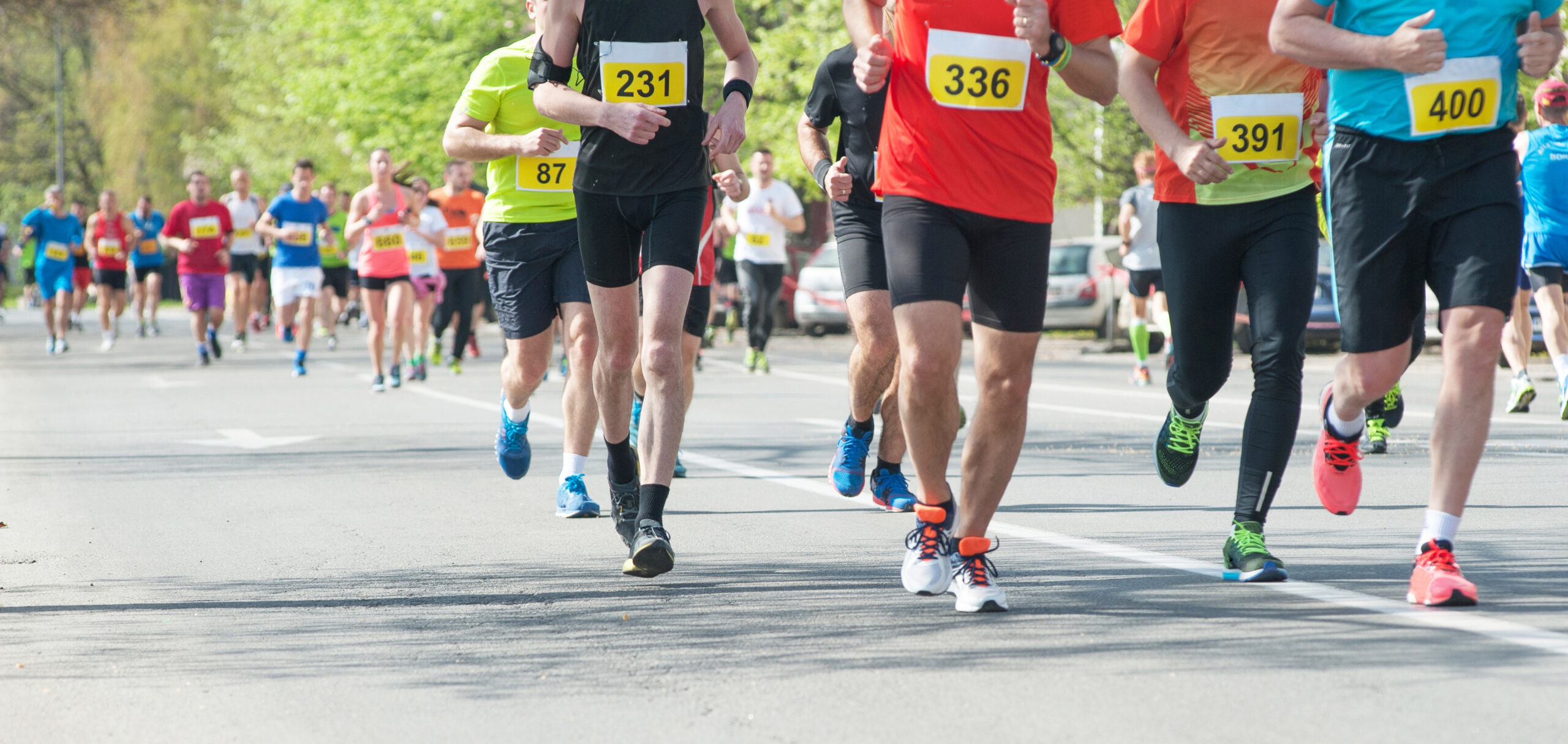Hitting the gridiron, ice, or court… fall is right around the corner and that means sports are in full swing. Student, pro, and semi-pro athletes are practicing hard to prepare themselves for the season. Competitors of all varieties put in long hours in order to be their best, focusing on workouts and good nutrition. However, there is one major factor to successful workouts and games that can easily be overlooked… hydration.
 Dehydration can turn into an athlete’s worst enemy. Optimal athletic performance is dependent upon more than just training; it requires vitamins, minerals, rest, and adequate hydration. In particular, hydration can be an overlooked and undervalued component of peak athletic performance.
Researchers have found that sitting at a desk can lead to dehydration without visible sweating or exercise. Imagine what that means for athletes pushing their bodies to the limits out in the elements. A dehydrated athlete with 2.5% loss of body weight in the form of water can experience up to a 45% loss in the capacity to perform high-intensity exercise.
Here are the top 4 reasons that dehydration has an adverse impact on athletic performance:
Dehydration can turn into an athlete’s worst enemy. Optimal athletic performance is dependent upon more than just training; it requires vitamins, minerals, rest, and adequate hydration. In particular, hydration can be an overlooked and undervalued component of peak athletic performance.
Researchers have found that sitting at a desk can lead to dehydration without visible sweating or exercise. Imagine what that means for athletes pushing their bodies to the limits out in the elements. A dehydrated athlete with 2.5% loss of body weight in the form of water can experience up to a 45% loss in the capacity to perform high-intensity exercise.
Here are the top 4 reasons that dehydration has an adverse impact on athletic performance:
 Proper hydration and electrolyte balance will optimize athletic potential, boost energy levels, lead to proper muscle and nerve function, allow your heart to work more efficiently, and help you think more clearly.
For athletes looking to stay healthy and perform their best IV Hydration can be the perfect solution. An IV before a major athletic event is a great way to get the hydration, electrolytes, and vitamins the body needs to function at optimum levels. An IV after a major athletic event can help your body quickly replenish lost water and nutrients. Unfortunately, the effects of dehydration take athletes out of the game all the time and can have serious consequences on overall health. IV Hydration gets you back in the game and performing your best.
Sources:
National Institutes of Health
National Center for Biotechnology Information
Proper hydration and electrolyte balance will optimize athletic potential, boost energy levels, lead to proper muscle and nerve function, allow your heart to work more efficiently, and help you think more clearly.
For athletes looking to stay healthy and perform their best IV Hydration can be the perfect solution. An IV before a major athletic event is a great way to get the hydration, electrolytes, and vitamins the body needs to function at optimum levels. An IV after a major athletic event can help your body quickly replenish lost water and nutrients. Unfortunately, the effects of dehydration take athletes out of the game all the time and can have serious consequences on overall health. IV Hydration gets you back in the game and performing your best.
Sources:
National Institutes of Health
National Center for Biotechnology Information
 Dehydration can turn into an athlete’s worst enemy. Optimal athletic performance is dependent upon more than just training; it requires vitamins, minerals, rest, and adequate hydration. In particular, hydration can be an overlooked and undervalued component of peak athletic performance.
Researchers have found that sitting at a desk can lead to dehydration without visible sweating or exercise. Imagine what that means for athletes pushing their bodies to the limits out in the elements. A dehydrated athlete with 2.5% loss of body weight in the form of water can experience up to a 45% loss in the capacity to perform high-intensity exercise.
Here are the top 4 reasons that dehydration has an adverse impact on athletic performance:
Dehydration can turn into an athlete’s worst enemy. Optimal athletic performance is dependent upon more than just training; it requires vitamins, minerals, rest, and adequate hydration. In particular, hydration can be an overlooked and undervalued component of peak athletic performance.
Researchers have found that sitting at a desk can lead to dehydration without visible sweating or exercise. Imagine what that means for athletes pushing their bodies to the limits out in the elements. A dehydrated athlete with 2.5% loss of body weight in the form of water can experience up to a 45% loss in the capacity to perform high-intensity exercise.
Here are the top 4 reasons that dehydration has an adverse impact on athletic performance:
- Reduction in blood volume– Dehydration can cause an increase in blood pressure. This occurs because dehydration reduces blood volume, your body then has to compensate by retaining more sodium in the blood. When the blood becomes more concentrated and thicker it is more difficult to circulate causing your heart to work harder.
- Decreased sweat rate- Sweat is one of the ways our bodies regulate temperature and is made up of about 95 percent water. If you aren’t taking in enough water, you aren’t able to sweat. When the body cannot effectively regulate temperature you are putting yourself at an increased risk for heat stroke and heat exhaustion.
- Decreased heat distribution- Dehydration limits cardiovascular and thermoregulatory responses. This leads to an increase in core temperature. For every 1% decrease in body weight as water there in an increase in core temperature of .10 to .40 degrees Celsius.
- Increased rate of muscle glycogen use- Muscle glycogen concentrations decrease during prolonged exercise or athletic activity. Glycogen serves as a form of energy storage. Depleting glycogen contributes to muscle fatigue.
 Proper hydration and electrolyte balance will optimize athletic potential, boost energy levels, lead to proper muscle and nerve function, allow your heart to work more efficiently, and help you think more clearly.
For athletes looking to stay healthy and perform their best IV Hydration can be the perfect solution. An IV before a major athletic event is a great way to get the hydration, electrolytes, and vitamins the body needs to function at optimum levels. An IV after a major athletic event can help your body quickly replenish lost water and nutrients. Unfortunately, the effects of dehydration take athletes out of the game all the time and can have serious consequences on overall health. IV Hydration gets you back in the game and performing your best.
Sources:
National Institutes of Health
National Center for Biotechnology Information
Proper hydration and electrolyte balance will optimize athletic potential, boost energy levels, lead to proper muscle and nerve function, allow your heart to work more efficiently, and help you think more clearly.
For athletes looking to stay healthy and perform their best IV Hydration can be the perfect solution. An IV before a major athletic event is a great way to get the hydration, electrolytes, and vitamins the body needs to function at optimum levels. An IV after a major athletic event can help your body quickly replenish lost water and nutrients. Unfortunately, the effects of dehydration take athletes out of the game all the time and can have serious consequences on overall health. IV Hydration gets you back in the game and performing your best.
Sources:
National Institutes of Health
National Center for Biotechnology Information
